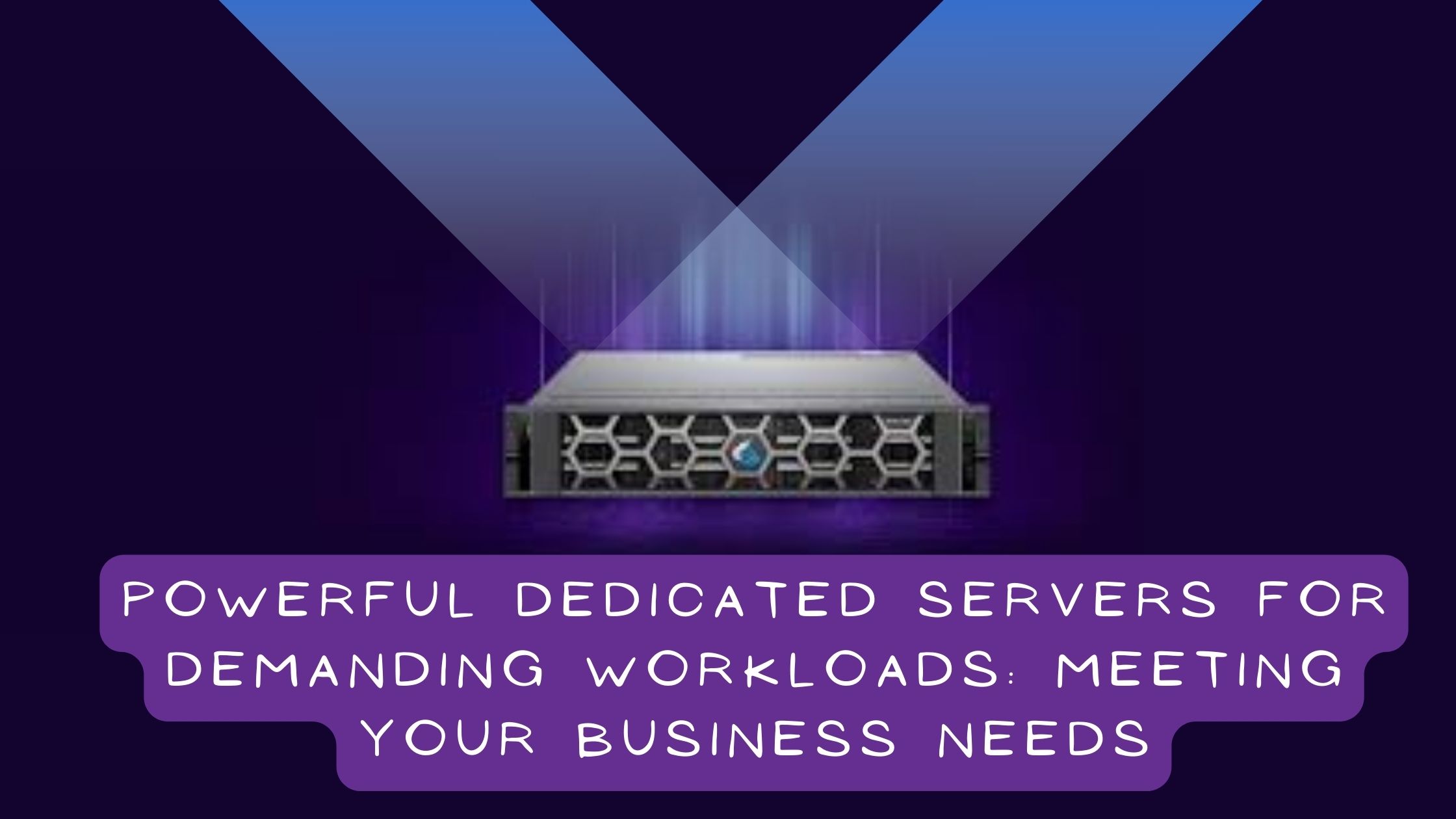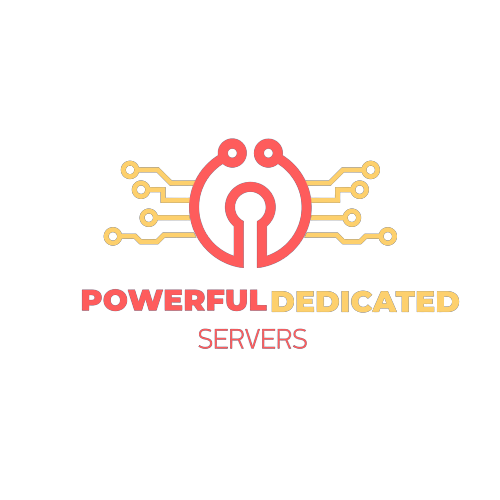Summary

Article Name
Powerful Dedicated Servers for Demanding Workloads: Meeting Your Business Needs
Description
In this comprehensive guide, we'll explore the ins and outs of dedicated servers designed for demanding workloads and how they can be pivotal in meeting your business goals.
Author
Minaj
Publisher Name
Powerful dedicated server
Publisher Logo


